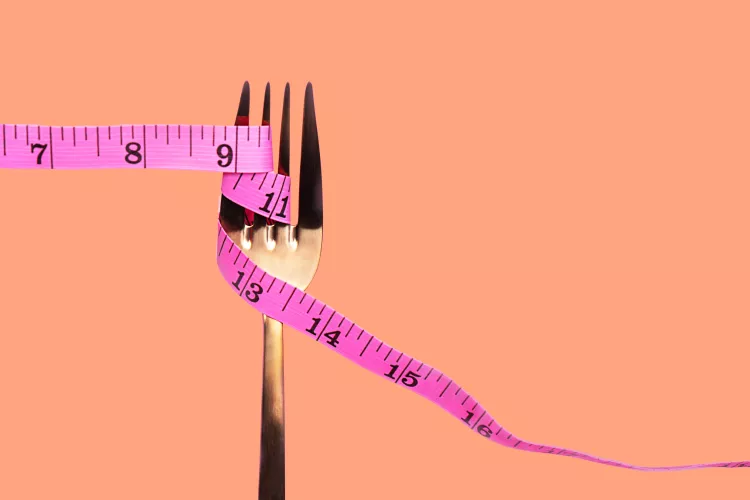
Most diets fail because they fight biology—not work with it
Diets often promise quick results. Cut carbs. Cut sugar. Cut joy. But the body isn’t a machine. It’s designed to protect, adapt, and survive. When calories drop suddenly, the body senses threat. Metabolism slows. Hunger increases. Energy fades.
You don’t fail the diet. The diet fails you. Because it ignores the human part. It overlooks hormones. History. Habit. Your biology isn’t broken—it’s reacting exactly as it should.
Sustainable change honors biology. Diets often punish it.
Restriction creates obsession—not freedom
The moment something becomes off-limits, it becomes magnetic. Your mind loops. Your cravings spike. Even food you rarely ate now haunts you. This is more than willpower. It’s the brain’s response to scarcity.
When food is forbidden, it gains meaning. It becomes about control. Safety. Escape. The diet world says resist harder. But the harder you resist, the louder the cravings. The more intense the guilt.
Freedom with food begins when nothing holds power over you.
Weight lost quickly often returns faster
Crash diets trigger fast drops on the scale. But what melts away is often water and muscle. Not sustainable fat loss. And once the diet ends—because it always does—the body rebounds.
Metabolism stays slower. Hunger stays higher. And the same meals now cause more gain. The cycle repeats. Harder each time.
This isn’t failure. It’s the physics of biology defending itself.
Diets don’t address why you eat
You eat when you’re bored. Or tired. Or stressed. Or hurt. Food becomes story, not fuel. Diets treat food as numbers. Calories. Grams. Points. But they rarely ask: why now? Why this? What are you actually feeding?
If food is comfort, distraction, or control, no meal plan can fix that. The story behind your eating has to be heard, not restricted.
You don’t need better tracking—you need better understanding.
Perfection becomes the enemy of progress
Many diets are built on all-or-nothing rules. Eat clean or you’ve failed. One cookie becomes a spiral. A missed workout means starting from zero. This black-and-white thinking breaks people.
Real change happens in the gray. The normal. The boring. The days when you try again, even after slipping.
Progress is messy. And it still counts.
Consistency beats intensity every time
You don’t need a cleanse. You need breakfast. You don’t need punishment. You need protein. Small, consistent shifts—more fiber, better sleep, regular meals—do more than radical overhauls.
Intensity burns bright. Then out. Consistency may move slow—but it moves forward.
Your body remembers effort. Not extremes.
Eating more can sometimes help you lose
Starvation triggers survival mode. But eating enough builds trust. Especially with protein, complex carbs, and fats. Meals that stabilize blood sugar reduce cravings.
When your body believes nourishment is coming, it stops panicking. It lets go of fat. Holds less water. Finds rhythm.
You don’t need less food. You need better food. At better times. In better patterns.
Movement matters—but not for punishment
Exercise shouldn’t be a consequence. It should be connection. To breath. To space. To the body you’re in. Some days it’s a walk. Others, rest. Some days it’s lifting. Others, stillness.
What matters is the consistency. That you move in ways that bring energy—not shame.
Fitness isn’t a fix. It’s a relationship.
What works is always individual
There is no universal plan. No single formula. Some thrive with three meals. Others need snacks. Some do better with plants. Others need meat. The answer is rarely in someone else’s before-and-after.
What works is what fits. What you can return to. What lets you live without counting minutes or macros.
Your plan should feel like home—not like exile.
Healing your relationship with food lasts longer than any diet
Diets come and go. But your relationship with food remains. That’s the part that matters most. Food is daily. Cultural. Emotional. Functional. Trying to separate it from feeling doesn’t work.
You can learn to eat without fear. Without guilt. Without judgment. And when you do, the weight your body carries—physically and emotionally—starts to shift.
That freedom is the real transformation.
